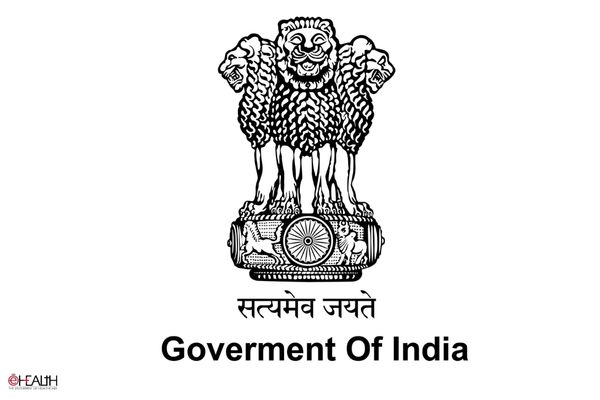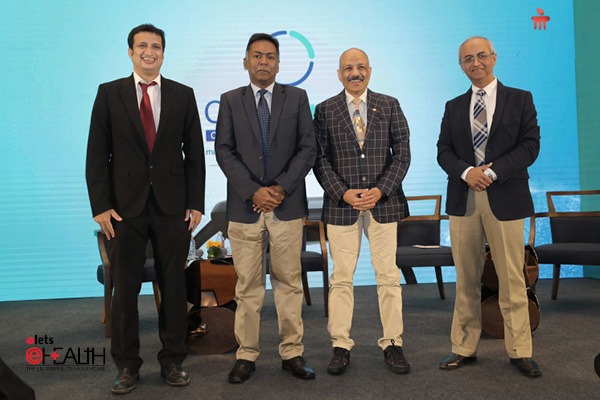

The DIPP said current norms must lay down the foundation of what should be the nature of Indian drug companies in the long term. The DIPP said current norms must lay down the foundation of what should be the nature of Indian drug companies in the long term.

Wondering if the FDI policy in pharma sector is yielding the desired results as more domestic firms are being acquired by multinationals, the DIPP today said current norms must lay down the foundation of what should be the nature of Indian drug companies in the long term.
The Department of Industrial Policy and Promotion (DIPP) is concerned that an overwhelming majority of foreign direct investment in pharma is coming only in existing units.
“More than 90 per cent of the FDI is coming in the brownfield pharma. There must be some reason why FDI is not coming in new projects. Is it giving the desired outcome of the policy. Whether they meet public concern,” DIPP Secretary Saurabh Chandra said.

Stressing that the policy must help in shaping the future of the sector, he said: “What kind of pharma companies do we want, that needs to be clarified … 10 years or 20 years down the line what should be the nature of Indian pharma companies.”
Chandra said that officials from Health Ministry and Department of Pharmaceuticals participated in the consultation on the finance ministry’s proposal on FDI in the sector.
“The matter needs more discussion as it is complicated,” he said.
The DIPP has raised concerns over spate of acquisitions of domestic pharma firms by multinationals.
The DIPP has sought the intervention of the Prime Minister’s Office on this matter.
The big acquisitions of the domestic companies include Shantha Biotechnics by French pharma company Sanofi-aventis.
In 2008, Japanese firm Daiichi Sankyo had bought out the country’s largest drug maker Ranbaxy,
US-based Abbot Laboratories had acquired Piramal Health Care’s domestic business for USD 3.7 billion.
US-based Mylan bought Matrix Lab while Dabur Pharma was acquired by Singapore’s Fresenius and Orchid Chemicals by US-based Hospira.
Since April 2000, USD 10.3 billion FDI has come into the pharmaceuticals sector, only about 5 per cent of the total foreign inflows the country has received.
The current policy says that ‘government may incorporate appropriate conditions for FDI in brownfield cases, at the time of granting approval’.
Currently, India permits 100 per cent FDI in pharmaceutical sector through automatic approval route in the new projects but the foreign investment in the existing pharmaceutical companies were allowed only through FIPB’s approval.
Be a part of Elets Collaborative Initiatives. Join Us for Upcoming Events and explore business opportunities. Like us on Facebook , connect with us on LinkedIn and follow us on Twitter , Instagram.












